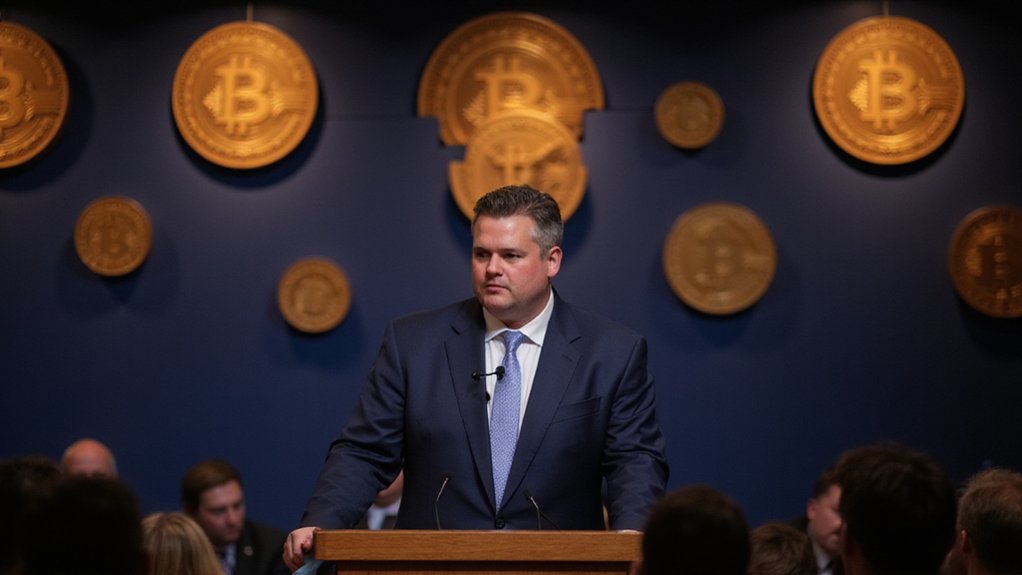While Congress has spent years oscillating between crypto evangelism and regulatory hostility, the Senate finally managed to pass the GENIUS Act on June 17, 2025, with a decisive 68–30 vote that represents the chamber’s first serious attempt at stablecoin regulation.
The legislation aims to establish federal rules for stablecoins—cryptocurrencies pegged to fiat currency like the U.S. dollar—in what Treasury Secretary projections suggest could become a $3.7 trillion industry by 2030. Senate Banking Committee Chairman Tim Scott emphasized the bipartisan nature of the effort, positioning the bill as a vehicle to “boost U.S. leadership in financial innovation” while major corporations like Amazon and Walmart explore their own digital currency initiatives.
The bill now advances to the House of Representatives, where President Trump hopes to sign it before the August recess, reflecting his administration’s broader support for crypto integration into the mainstream economy. Industry leaders, including Coinbase’s CEO (who has engaged directly with Trump), have championed the legislation as providing much-needed regulatory clarity in a sector plagued by legal uncertainty.
However, the GENIUS Act contains a peculiar carve-out that raises eyebrows: while Congress members and their families face strict prohibitions on profiting from stablecoins, the President and his family remain conspicuously exempt from such restrictions. This exemption becomes particularly striking given Trump’s reported $57.35 million from token sales in 2024 and his family’s stake in World Liberty Financial’s stablecoin project, which generated $320 million in fees.
The legislation addresses consumer protection and economic opportunity while attempting to resolve concerns about market stability and bank funding models. Yet critics note that privacy issues remain unaddressed, and questions persist about whether the regulatory framework adequately safeguards financial stability in an increasingly complex digital asset landscape. The timing is particularly significant given that stablecoins now account for 60% of crypto transaction volume, demonstrating their critical role in the digital asset ecosystem. Major financial institutions are positioning themselves to capitalize on this momentum, with JPMorgan announcing plans to launch its own stablecoin called JPMD. These digital currencies serve as a crucial stable medium of exchange within decentralized finance systems, offering the stability that traditional cryptocurrencies like Bitcoin cannot provide for everyday transactions.
Despite these concerns, crypto exchanges and industry stakeholders have rallied behind the bill, viewing it as the most significant digital assets legislation in Senate history. The bipartisan coalition suggests that, regardless of partisan differences on other issues, lawmakers recognize the inevitability of digital currency integration—even if the regulatory playing field appears tilted toward certain well-connected participants.









